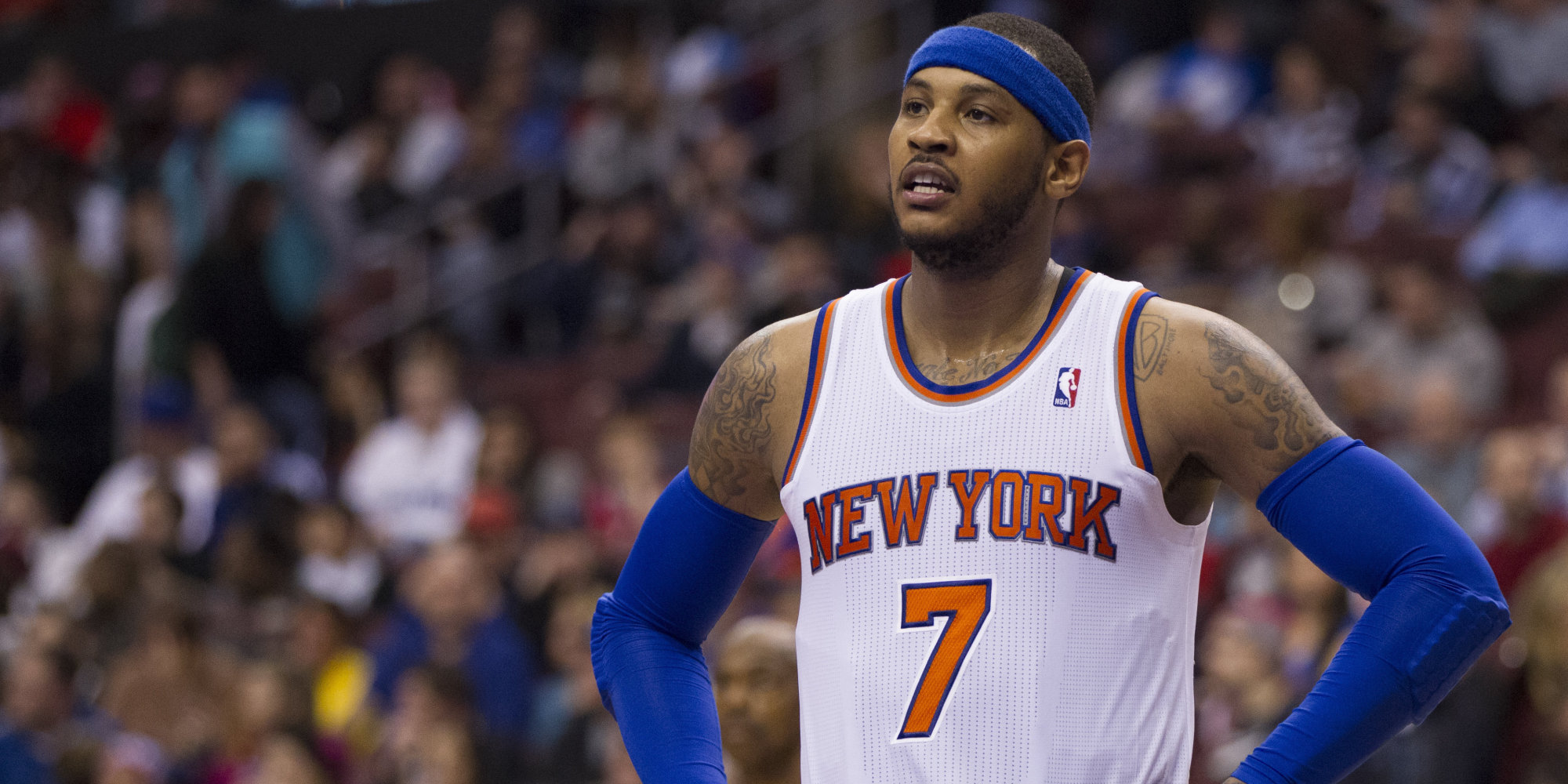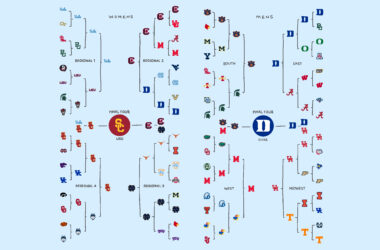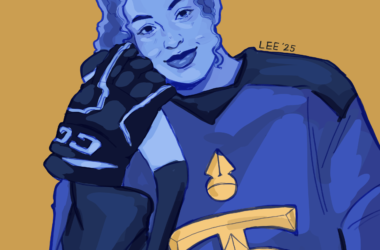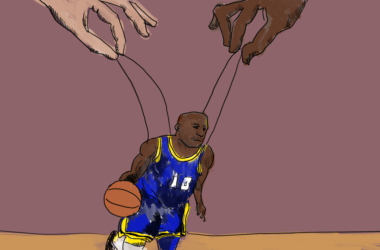The 2018-19 NBA season’s opening weeks have been exhilarating after blockbuster off-season moves and progress from the league’s youngest stars have brought in a wave of new title contenders like the Philadelphia 76ers and the Milwaukee Bucks. But, with the rise of the new guard comes the fall of Carmelo Anthony.
After just 10 games with the Houston Rockets, Carmelo Anthony was benched for illness, and, on Nov. 15, General Manager Daryl Morey revealed that Anthony’s time with Houston was over. Of these 10 games, Anthony started in two, and the Rockets, a hopeful title contender, managed to win just four. His time with Houston was the worst in his career: Averaging a shade under 30 minutes per game, Anthony saw his field goal percentage drop to an all-time-low at 40 per cent. His Player Efficiency Rating dropped to 11.55, making him the 226th most efficient player in the NBA. These statistics are a sharp departure from Anthony’s previous all-star status.
His recent failures in Houston are reflective of a theme that has plagued his career: Selfishness. Most recently, in his time with the Oklahoma City Thunder, Anthony refused to accept a bench role on a winning team. As a result, the Thunder let him go in the offseason, which led to his signing with the Rockets.
Anthony has displayed this attitude even earlier in his career, pushing a trade from Denver to New York that has kept him from making it to the second round of the playoffs ever since. That 2011 trade was a major turning point in Anthony’s career; by forcing this deal instead of signing with the Knicks as a free agent, he ruined his chances of playoff success. The trade lost the Knicks four promising young starters to clear cap space for his three-year, $65M contract extension, dooming them to just three playoff appearances in Anthony’s seven years.
However, there is a larger trend that explains why Anthony is faltering: The NBA is shifting away from the ‘franchise player’ mentality. Over the last decade, superteams, like the 2014 San Antonio Spurs or the current Golden State Warriors, have risen to the top of the standings by placing emphasis on collective teamwork. In the 90s and early 2000s, the NBA saw prominent use of offensive systems, such as the triangle offense, that depended on superstars like Michael Jordan, Shaquille O’Neal, and Kobe Bryant. More recently, however, the league has entered a new age. This era has no room for ball-dominant players like Carmelo Anthony—he has become a relic of times past.
With Anthony’s departure from the Rockets comes speculation about the future. Anthony can retire, or he can learn to take a smaller role on a winning team. The first option isn’t unprecedented—NBA Hall Of Famer Tracy McGrady retired at age 34, and he has advocated for Anthony to do the same. However, since Anthony won’t be in favour of letting his career end on such a sour note, the second option is more likely. In that case, teams like the Denver Nuggets or Los Angeles Lakers will clamour for his services because, despite all of Anthony’s flaws, the NBA still won’t give up on one of its fading superstars.









